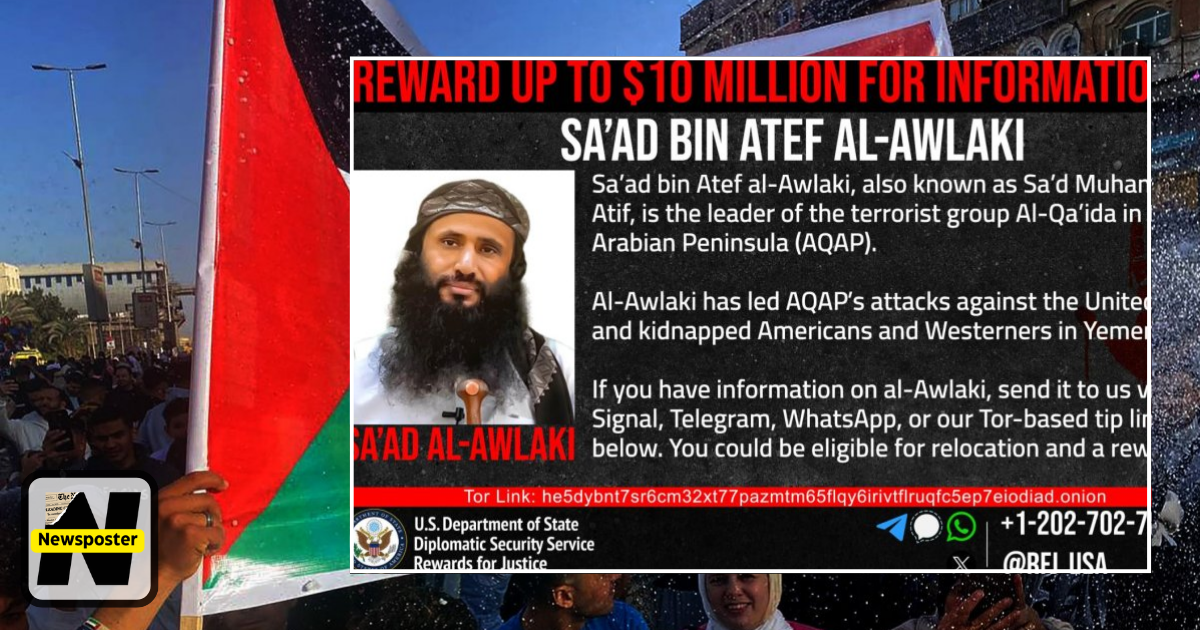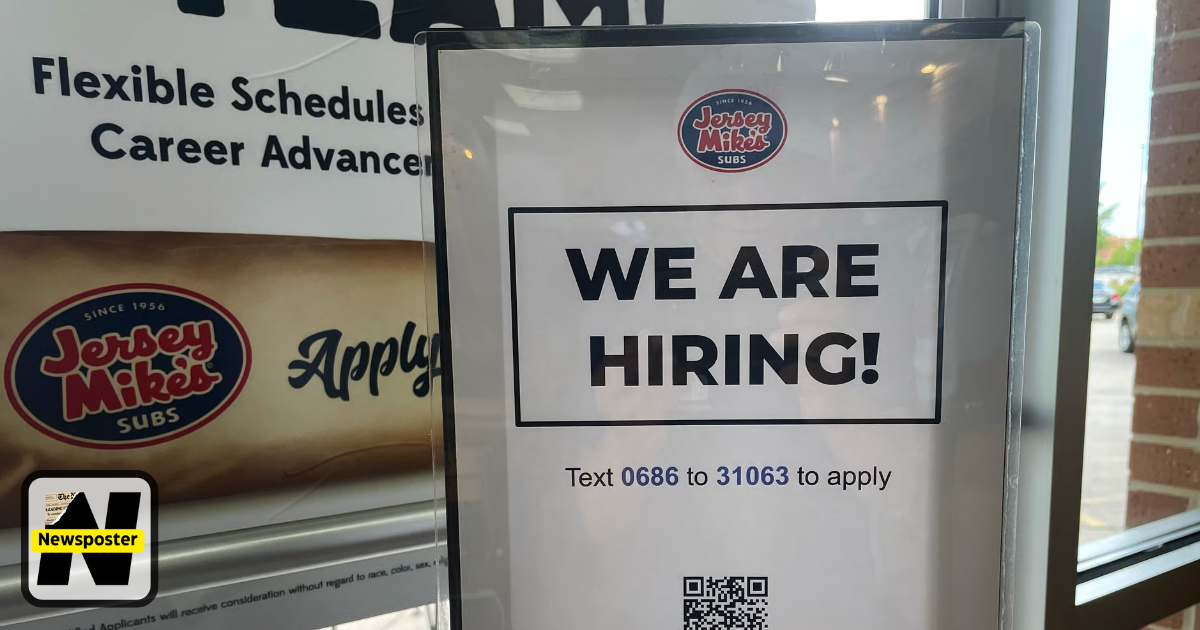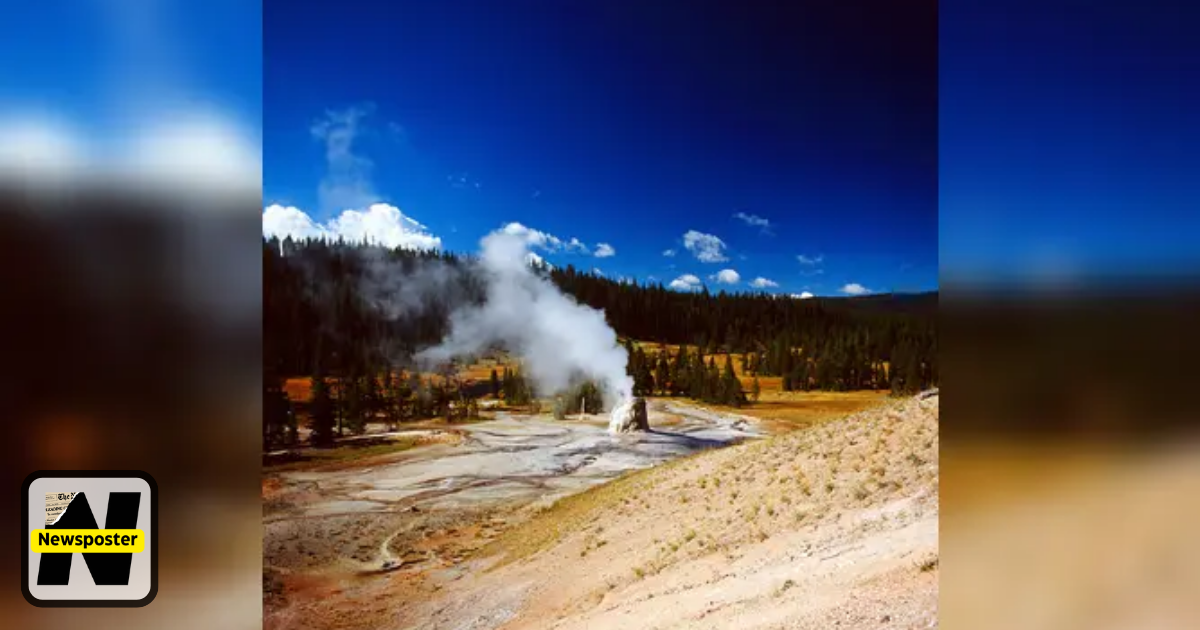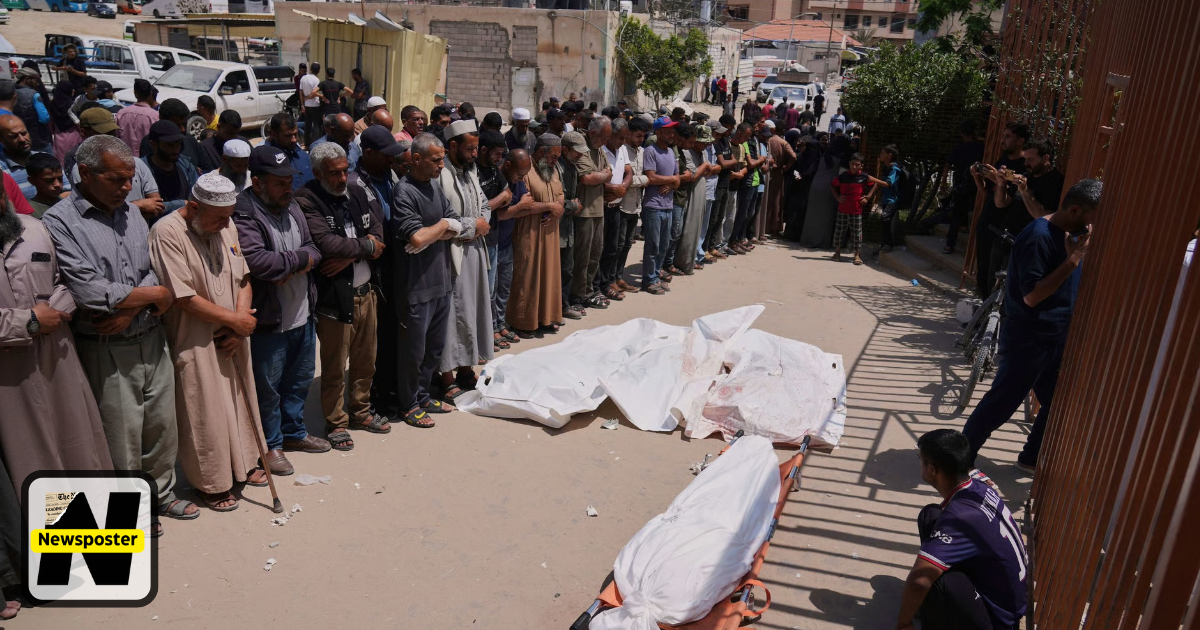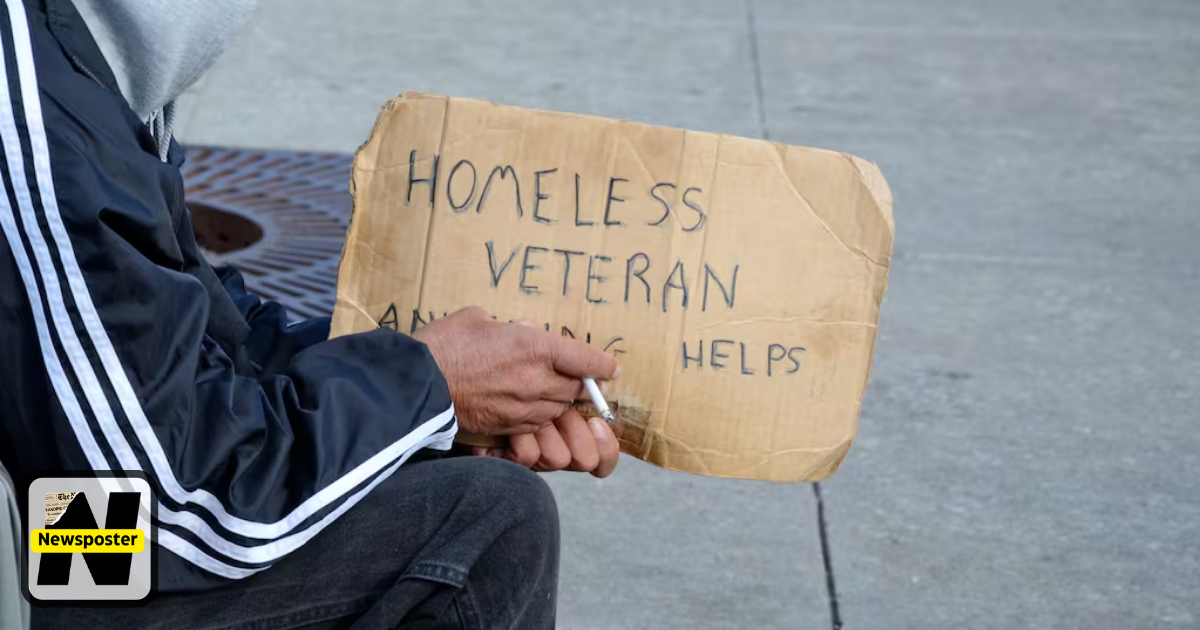Advocates and critics are raising serious concerns about a recent White House executive order intended to clear homeless individuals from city streets and public parks, warning that it could undermine efforts to assist veterans experiencing homelessness. They argue the order, signed July 24, risks pushing veterans into institutional settings without offering them meaningful choices and may discourage those with complex needs from seeking help.
Officials from the National Coalition for Homeless Veterans emphasized that veterans, who fought for the country, deserve dignity through investments in housing, mental health, substance abuse treatment, and supportive services — not surveillance or forced detention. President Donald Trump’s executive order, titled “Ending crime and disorder on America’s streets,” empowers local authorities to remove homeless people from public spaces and commit them to drug treatment centers or other health institutions. The order also seeks to move away from “housing first” policies, which the administration criticizes for lacking accountability and failing to promote recovery and self-sufficiency.
However, homeless advocates point to research showing that providing stable housing first creates the foundation for individuals to address other challenges like mental health and finances. The National Homelessness Law Center called the order “rooted in outdated, racist myths” and warned it would worsen homelessness by stripping away basic rights.
Data from the Department of Housing and Urban Development’s early 2024 point-in-time count found about 33,000 veterans living without stable housing, a decrease from previous years but still a significant population. Some regions, especially Los Angeles, continue to struggle to reduce veteran homelessness, leading to calls for increased resources and fewer restrictions on community efforts.
The National Coalition for Homeless Veterans cautioned that forced institutionalization, especially for veterans dealing with trauma or PTSD, can be retraumatizing and is often costlier than housing and outpatient care. They advocate for voluntary, trauma-informed care in community settings rather than confinement.
Democratic critics quickly condemned the order, with House Veterans’ Affairs Committee ranking member Mark Takano calling it punitive and misguided, saying it would delay efforts to help veterans and worsen the homelessness crisis.
Details on enforcement of the order remain unclear, and Veterans Affairs has not announced changes to existing programs. In May, VA Secretary Doug Collins announced plans to develop a “National Center for Warrior Independence” in Los Angeles, aimed at providing more housing and employment support for the estimated 3,000 homeless veterans there, signaling ongoing commitment despite the new order.


